How do bouncers spot a fake ID?
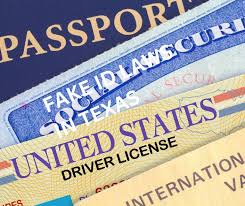
How Do Bouncers Spot a Fake ID?
Fake IDs are a common issue, especially in nightlife venues. But how do bouncers spot a fake ID so effectively? From simple visual checks to more advanced methods, there are several techniques that bouncers use to ensure the authenticity of an ID. In this article, we’ll break down the various ways bouncers detect fake IDs, as well as offer tips on how to avoid getting caught with one.
The Importance of Spotting Fake IDs
Bouncers play a critical role in ensuring the safety and legality of a venue. They are often the first line of defense against underage drinking and illegal entry. Fake IDs pose a significant risk not just to the individual but also to the establishment, which could face penalties, fines, or even the loss of its liquor license if they let someone underage in. So, how exactly do bouncers manage to spot a fake ID?
Common Techniques Bouncers Use to Spot a Fake ID
Bouncers are trained to identify inconsistencies and spot red flags on an ID. Here are some of the common ways they spot a fake:
1. Examining the Holograms and Watermarks
Most legitimate IDs come with holograms and watermarks that are difficult to replicate. One of the first things bouncers do when they receive an ID is hold it under the light to check for these security features. Fake IDs often lack these details or have poorly reproduced versions of them, making it easy for a trained eye to spot the difference.
2. Checking the ID’s Thickness and Texture
The material used to produce legitimate IDs often has a distinct thickness and texture. Fake IDs tend to feel different—either too thick, too thin, or with an odd texture. A bouncer may bend the ID slightly to check its durability and texture. If it feels off, that could be an indication of a fake.
3. Verifying the Font and Layout
Bouncers are also well-versed in the fonts and layouts used in legitimate identification cards. They often check to see if the font looks consistent or if any text appears misaligned. On a fake ID, fonts and spacing are frequently off, making it another tell-tale sign.
4. Inspecting the Photo and Personal Details
A bouncer will also look closely at the photo and other personal information on the ID. They will compare the person standing in front of them with the picture on the card. If the photo is outdated, blurry, or doesn’t look like the person presenting it, that’s a major red flag. Some bouncers may even ask for additional identification or engage in small talk to see if the person can remember the details on the card, such as the birth date, address, or zip code.
5. Blacklight Test
Certain IDs have invisible ultraviolet (UV) markings that can only be seen under a blacklight. Many bouncers use a portable blacklight to quickly scan the ID. If the ID doesn’t show these specific UV markings, it could be a fake.
Advanced Techniques Used to Spot Fake IDs
While traditional methods are effective, some venues have adopted more advanced technology to ensure accuracy in spotting a fake ID.
1. ID Scanners
Some bars and clubs use ID scanning technology to verify identification. These scanners can read the barcodes and magnetic stripes on an ID and match them with databases to confirm their validity. If an ID fails to scan or shows a mismatch in data, bouncers will know right away that it’s a fake.
2. Facial Recognition Software
In larger venues, bouncers might use facial recognition software that cross-references the person’s face with images from government databases. Although this technology is still relatively new, it’s becoming increasingly popular in locations where security is a high priority.
How to Avoid Using a Fake ID
Using a fake ID is illegal and can come with serious consequences. If you’re caught by a bouncer, you may face fines, community service, or even jail time. Moreover, establishments might blacklist you from entering in the future. To avoid these risks, always ensure that you’re using a legitimate ID. If you’re underage, it’s best to wait until you’re of legal drinking age to avoid these complications.
Conclusion
Bouncers are highly skilled in spotting a fake ID thanks to a combination of training, experience, and technology. From examining physical aspects of the ID like watermarks and textures to using advanced tools like ID scanners and facial recognition software, there are multiple ways they ensure the authenticity of identification. Trying to use a fake ID is risky and not worth the potential consequences. So, next time you’re at a venue, remember the effort that goes into verifying your ID and respect the process.
Target Keywords:
- Bouncers
- Fake ID
- Spotting fake ID
- How bouncers detect fake IDs
- How to identify fake IDs
- ID verification methods
- Fake ID scanners
- Techniques for spotting fake IDs
- Avoid fake ID detection
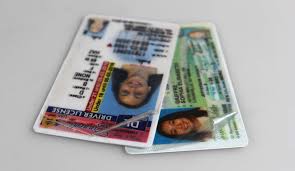 Fake Social Security Number Ca
Fake Social Security Number Ca
 Fake Social Security Card
Fake Social Security Card
 Fake SSN
Fake SSN
 SSN Card
SSN Card
 SS Card
SS Card
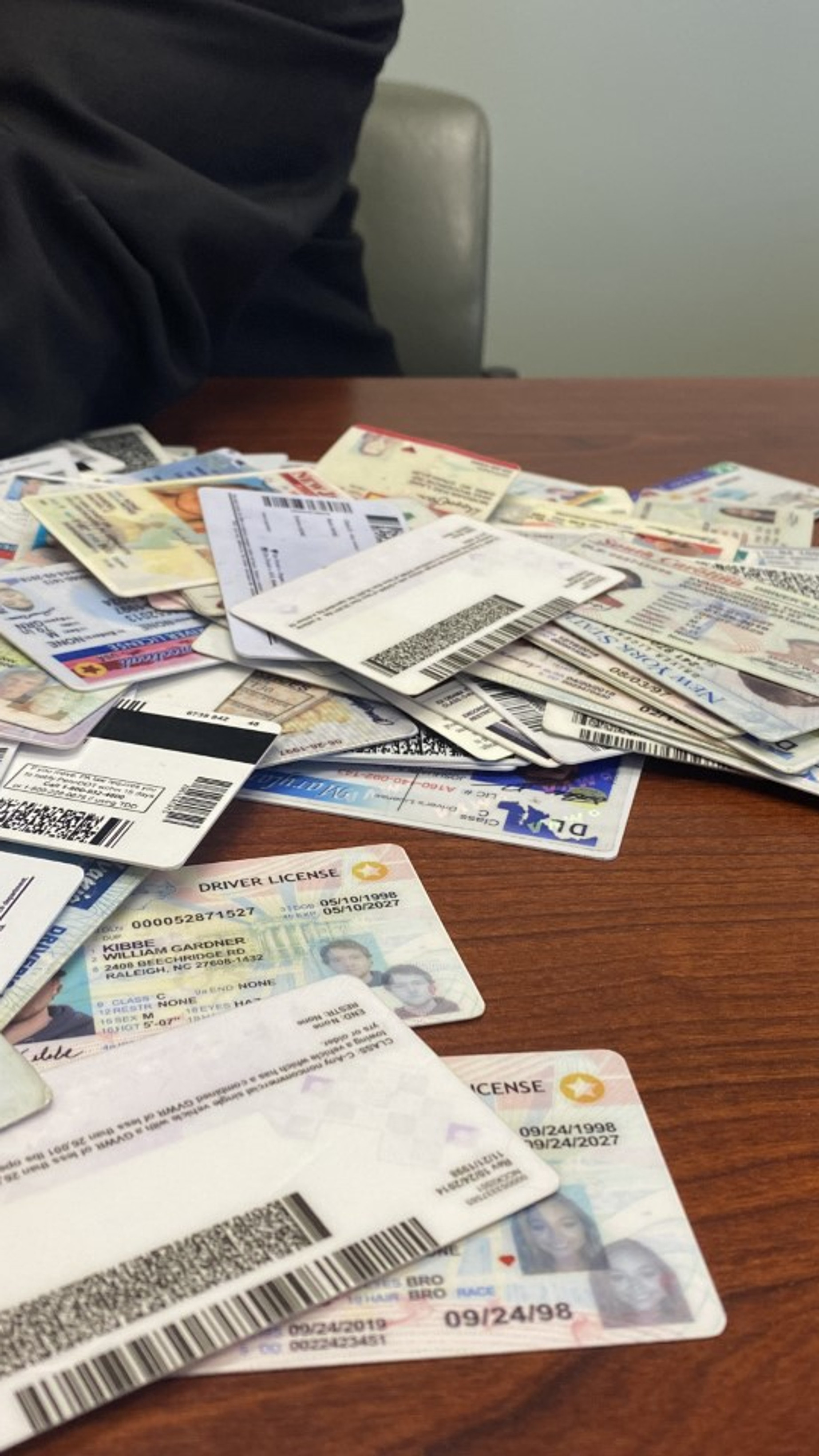 Social Security Card
Social Security Card
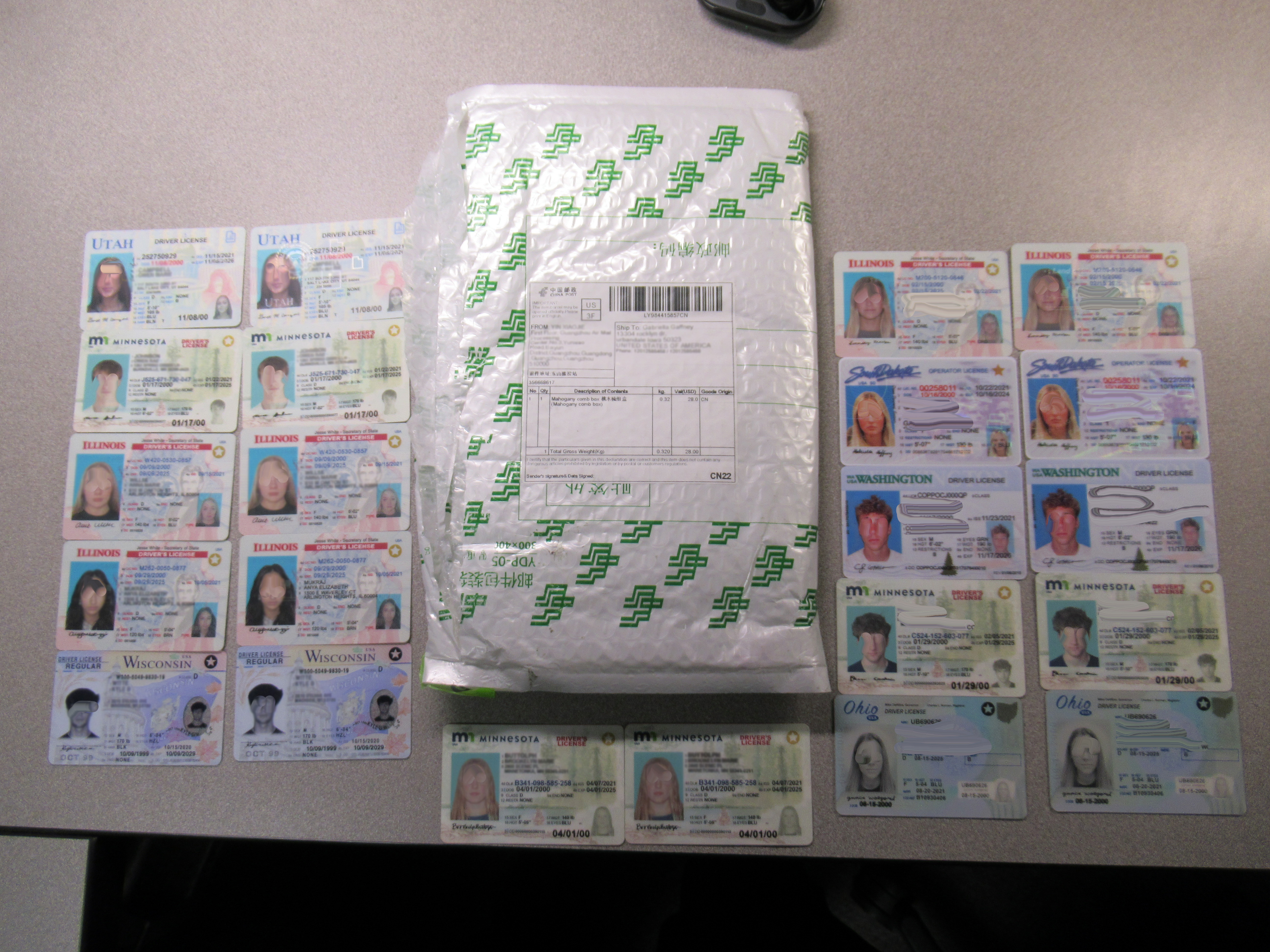 Social Security Card USA SSN
Social Security Card USA SSN
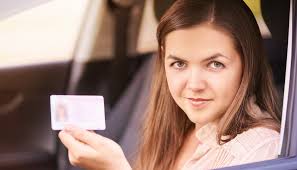 US Social Security Number
US Social Security Number
